This article is aimed at providing all the relevant context and information related to the controversy between OGN, SPOTV, and Riot Korea, and the significance the events will have on the future of competitive League of Legends in Korea, as well as the development of eSports around the world. This mainly serves to fill in the gaps of information many fans have already heard plenty about.
On December 3, Riot Korea released a statement that confirmed some rumors at the time that surfaced regarding the shift in broadcasting rights of League of Legends Champions Korea’s (LCK) from OnGameNet (OGN) to its competitor, SPOTV. Soon after, OGN released their own statement, challenging claims made by Riot Korea. The whole affair put OGN in a precarious situation and left fans with a feeling of uncertainty. With the disbandment of sister teams last year, news of further interference of Champions by Riot Games made many League of Legends fans uneasy – some even angry at the direction the game was taking in Korea. In the weeks after, no information was released until finally on December 15 Riot Korea released a follow-up statement in which the final plans for LCK in 2016 were revealed.
Setting the Stage
Before, some background knowledge of both OGN and SPOTV is needed. OGN was the first company to heavily invest into the StarCraft: Brood War scene with the creation of the OnGameNet Starleague (OSL) in October 1999. The OSL ran from 1999 to 2012 and was considered the “most prestigious tournament in the history of the game”. OGN also started a team based league known as the Proleague which aired on OGN from 2003-2005, and then again on both OGN and MBC in a joint effort that lasted from 2005-2012. In 2012, OGN slowly transitioned both the OSL and the Proleague into StarCraft II only events. OnGameNet was undeniably one the most influential forces in the growth of the Korean esports industry with a total of 33 seasons of OSL, but even a company with such a long legacy could not prevent the decline of the esport, eventually discontinuing all StarCraft related broadcasts in 2014.
https://www.youtube.com/watch?v=0aw-42JO3qk
This is where SPOTV enters the scene. A Korean broadcast company that is most well known for its sports programming, SPOTV only recently got involved with esports with its channel SPOTV Games. The company continued where OGN left off with the Proleague after one season of working together on it, but also created its own StarCraft II league known as the StarLeague. Relatively speaking, the company has much less experience than OGN, with only a few tournaments and leagues under their belt. They most recently expanded into other games like League of Legends with the KeSPA Cup 2015. As a result, the caster talent pool and experience of the production crew is lacking. Though not necessarily related, this could be part of the reason why there was no English cast for the KeSPA Cup, something that is a huge selling point for western audiences hoping to watch Korean esports.
A Working Formula
Knowing the above information, it is easy to understand why people are unhappy with the transfer of broadcasting rights. Iconic in the Korean esports world, OGN is the standard that every other esports broadcasting company in Korea strives for. From the very beginning OGN showed their dedication to both Korean and international audiences with the invitation of Counter Logic Gaming and Team World Elite to the OnGameNet LoL Invitational in early 2012. This was followed up by both Azubu The Champions Spring and Summer 2012 in which CLG, CLG.EU, Fnatic, and Na’Vi all competed against the best teams in the region. The tournament format of Champions made for great story lines, one of which was the tragic reverse sweep of CLG.EU by Azubu Frost in the finals of Summer 2012. This is an event that players like Mitch “Krepo” Voorspoels and Henrik “Froggen” Hansen see as one of the biggest regrets of their professional career, as is evident in the below ‘Reflections’ interview done by Duncan “Thorin“ Shields.
https://www.youtube.com/watch?v=lqi7QStJz9Q&t=24m56s
The storylines produced through the use of the tournament format left strong imprint on the minds of players and fans alike. The unexpected 3-0 sweep of CJ Entus Blaze at the hand of the underdog MVP Ozone, the blind pick Zed vs Zed match between Ryu of the KT Bullets and Faker of SK Telecom T1 K, the undefeated run of SKT T1 K through Champions Winter, and the defeat of Samsung Blue before the aggressive onslaught of KaKAO and the KT Arrows. These are some of the most memorable moments of the last 3 years, and they were all possible thanks to the format used by OGN.
Another element of Champions that elevated it above all other regions’ leagues and tournaments was the quality of casting. With over a decade of experience handling the production of StarCraft: Brood War and StarCraft II, the Korean casting talent of OGN was unparalleled in their ability to not only hype up the audience, but also give thoughtful in-game analysis. In addition to this already great roster, OGN hired the casting duo of Erik “DoA” Lonnquist and Christopher “Montecristo” Mykles in early 2013 to commentate for English speaking fans. The play-by-play casting and on-the-fly humor of DoA combined with the in-depth analysis of MonteCristo instantly made them a fan favorite.
The last and arguably most underappreciated aspect of OGN, and Champions by extension, is the work they put into creating the best possible environment for the players. From sound proof booths to the permitted presence of coaching staff during picks and bans, Champions was designed with the needs of players in mind. Sound proof booths have been used for many years in StarCraft: Brood War to minimize distractions and allow players to focus on the game. There are arguments to be made against sound proof booths but the benefits far outweigh the drawbacks. At the same time, the presence of coaches during the pick and ban phase allows them to communicate and strategize with their players with minimal downtime in between games. It was also a feature Champions had much earlier than any other region, only making its way into the LCS in 2015.

The Heart of the Conflict
Despite OGN serving as a trailblazer for the rest of the world with its high production value and competitive standards, the fate of Champions was no longer in their hands. According to Riot Korea’s original statement, the shift in broadcasting rights were being made to alleviate problems that were present in the 2015 season. The first major problem that the split broadcasting was meant to fix is the unpredictable start times of games in the LCK after the initial one:
“The current LCK system is a double-header format that features two matches back-to-back on the same day; this arrangement has resulted in various problems. For example, a viewer who wants to watch the second match-up had to wait for the first match-up to end.”
Despite the difference in format, this was a problem that existed in the LCS as well. Everyone remembers the 80-minute long game played between Complexity and Curse in the 2014 Summer Split of the NA LCS. Even without such extreme circumstances, fans attending the live broadcast have to wait through up to four games before seeing the one they paid a ticket for. It also meant that professional players could not accurately gauge how much time they had until their games, thus not being able to optimally warm-up. OGN responded to this concern stating that they already had another larger stadium lined up in SangAm for April 2016, which would allow for 2 matches to be played simultaneously.
This is similar to the system Riot Games recently announced would be used for the LCS in Summer 2016. Oddly enough though, the problems Riot Korea claimed to be fixing with this shift will be present in the NA LCS for 2016 Summer Split. On all 3 days there will be a double-header format of bo3 matches, exactly like there was in Champions this last year. This inconsistency across regions undermines the argument that Riot Korea is attempting to make.

The second benefit to the split broadcasting arrangement, according to Riot Korea, is the flexibility it grants in scheduling matches. Certain matches hosted by OGN were scheduled on Thursday afternoons. There are two problems with this specific time slot: many people are either working or in school during this time, causing low live attendance and television viewership numbers, and it caused professional players to come much earlier than they were accustomed to. To address these issues, OGN stated that in the past they have suggested moving the Thursday matches to a more appropriate time – either 5:00 PM or 8:00 PM – for the convenience of fans and pros alike.
The final and arguably the most legitimate reason for the shift in broadcasting rights is the introduction of a competitor to OGN. It is a well accepted principle that when there is competition within any given market that the quality of goods, or services in this case, rise to the benefit of the consumer. The consumers in this situation are the viewers of Korean League of Legends esports. There are two possible outcomes to the split broadcasting arrangement:
- SPOTV will use this opportunity as a way to get their foot in the door of the esports industry through the most popular game on the planet – but will not be willing or able to compete with the talent and experience that OGN has acquired over 16 years of running their broadcasts across multiple games.
- SPOTV will rise to the occasion by taking this opportunity seriously and giving their GAMES channel the resources it needs to nurture casting talent and increase their production value. This will in turn put more pressure on OGN to do everything in their power to retain their viewership, increasing the quality of their own broadcasts to stay on top.
Based on information shared by those more knowledgeable in the Korean eSports industry, like DoA, the latter is more likely than the former. This is due in part to SPOTV’s approach when it comes to their GAMES channel. Since SPOTV is most well known for its sports broadcasts, it is only natural that it continues to put most of its efforts into those channels. Naturally it will invest more resources into its stable sports channels and as a result, only see GAMES as a side project. In comparison, OGN has focused solely on eSports since its inception, which gives it the advantage of experience but also the motivation to succeed. OGN can not let its productions fail, while SPOTV has more room to work with thanks to its other channels.

When news reached Reddit that OGN might lose their exclusive broadcast rights to LCK, DoA responded by providing some insight on SPOTV’s track record stating that it, “…has a history of treating their english casters pretty poorly and have a lot to work on in that department…” Though it is not clear whether this is related, the lack of an English casting crew during the 2015 KeSPA Cup makes it seem as if SPOTV does not care to cater to English speaking fans, despite the parent company’s ability to acquire casters.
Regardless of SPOTV’s ability to acquire English talent and nurture their own native talent, the last argument made by Riot Korea for pushing for a competitor could also be used against Riot North America and Europe. With the introduction of a second stream and the idea of broadcasting two games at once, why not give that opportunity to other companies such as ESL or MLG? It is clear that Riot has a the superior production value when compared to ESL and MLG – in the same way OGN has a superior production value to SPOTV in the eSports department – but why not allow for competition within the other regions? In the spirit of competition and for the sake of creating the best possible product for the fans, Riot should in theory give up half of the games played in the LCS so that another group can run the second stream. However, even with all these potential advantages for fans, Riot will never let this happen and it is very clear as to why that is.
Surely MLG or ESL could support the production of stream #2 in the Summer split for the betterment of eSports as a whole.
— MonteCristo (@MonteCristo) December 9, 2015
A True Discussion
After Riot Korea’s statement and OGN’s response to said statement was released, there was significant backlash within the community, especially with the regard to OGN’s supposed lack of a voice in the matter.
“First of all, Riot Korea stated that they have long been engaged in ‘deep discussions with the three party committee (KeSPA, OGN, and Riot).’ However, none of the topics addressed in the three party talks was about ‘splitting days of the Champions.’ We were never included in the talk in the first place. We were simply told by Riot that we have split days from year 2016.”
After the overwhelmingly negative reaction from fans, Riot Korea came back on December 15 with what many saw as a more reasonable arrangement. By communicating more closely with OGN, Riot established the following guidelines for LCK in 2016:
- 2016 LCK Spring season broadcast under the current status quo; split broadcast of a portion of the LCK Summer by another broadcaster (SPOTV)
- The entire 2016 LCK Spring and Summer seasons to be covered by OGN (matches produced by SPOTV will also be broadcast by OGN in both English and Korean, through the spectator mode)
- 2016 LCK playoffs and finals, as well as global matches such as the World Championship, to be broadcast solely by OGN.
To summarize, OGN will cover all games throughout the 2016 LCK Spring and Summer seasons, including exclusively broadcasting major matches like playoffs and those at international events. The only real change is that some matches will be covered by OGN through the spectator mode. Riot goes on to later talk about the continued financial support that they would grant OGN while also providing the resources SPOTV needs to find both Korean and English casters, as well as cover production costs. This increases the financial strain Riot is taking upon themselves especially with the supposed lack of a broadcasting rights fee for using their intellectual property, which begs the question – why did Riot go through with this plan originally to split the broadcasting rights of LCK?
Final Words
In the end, Riot Korea made amends with OGN and settled on more agreeable terms with the Korean broadcasting company. Though relations have been patched up, the controversy raises concerns about the future of competitive League of Legends in Korea, especially when one takes into account how Riot instituted the disbandment of sister teams in 2015. The most significant concern is the “matter of Korean e-Sports sovereignty” as OGN puts it, which has been disregarded by Riot on multiple occasions. By imposing their will on Champions, now known as LCK, Riot risks alienating the company and the fans that helped build the Korean eSports industry simply because they have the power to do so when it is to their benefit.
It is still too early to tell if this will be a consistent policy or just another mistake made by the gaming juggernaut, but one thing is certain. Every action that Riot Games takes will be watched by fans of League of Legends around the world, but also by other companies with a growing eSports infrastructure. That is why changes like these are so closely analyzed, and in turn, criticized by people in the industry. With the largest fan-base in PC gaming, Riot is treading into unexplored territory. Whether they like it or not, the company is setting an example for everyone to follow and that is has proven to be a very delicate balancing act.
Emil Isaakov is a writer and editor for eSports Guru, follow him on Twitter for the latest coverage of League of Legends eSports!
Related Content:
- Monopolization of League of Legends eSports
- Monte’s Musings: OGN, Riot Korea, and KesPA Conflict
- ‘Summoning Insight’ Episode 64 (from around 40-50 minutes of the video)


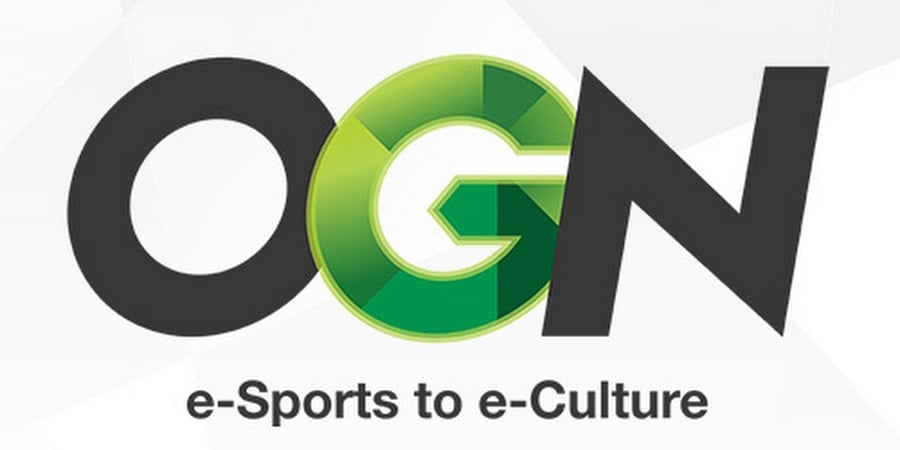
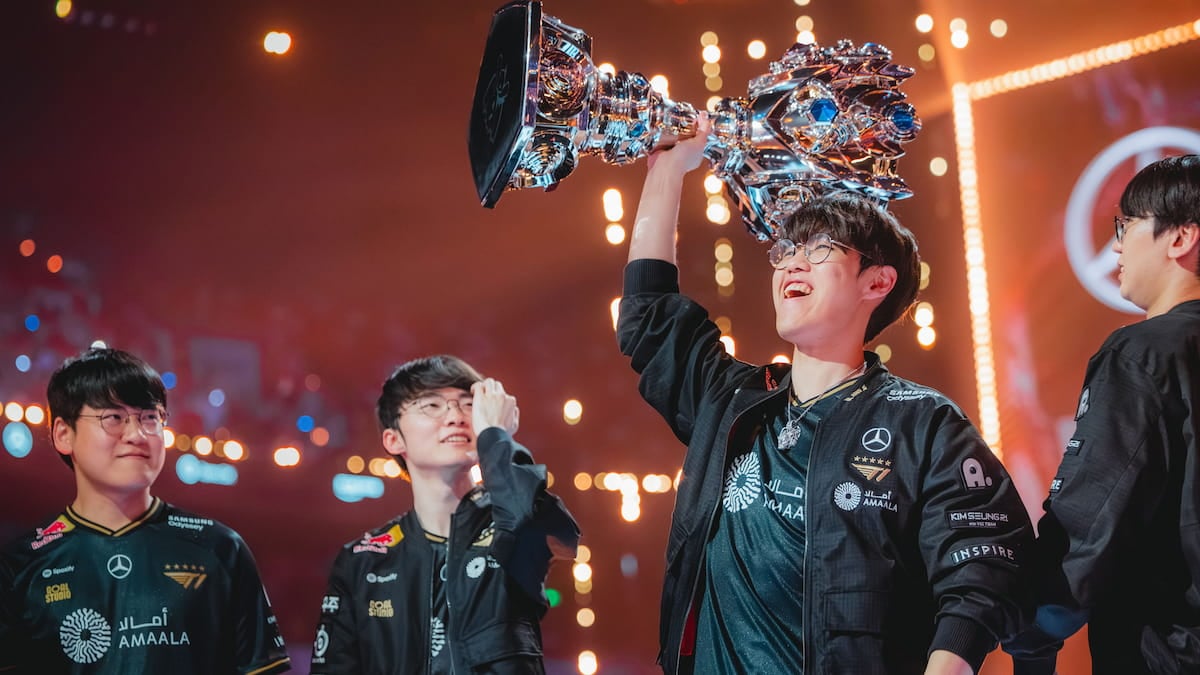
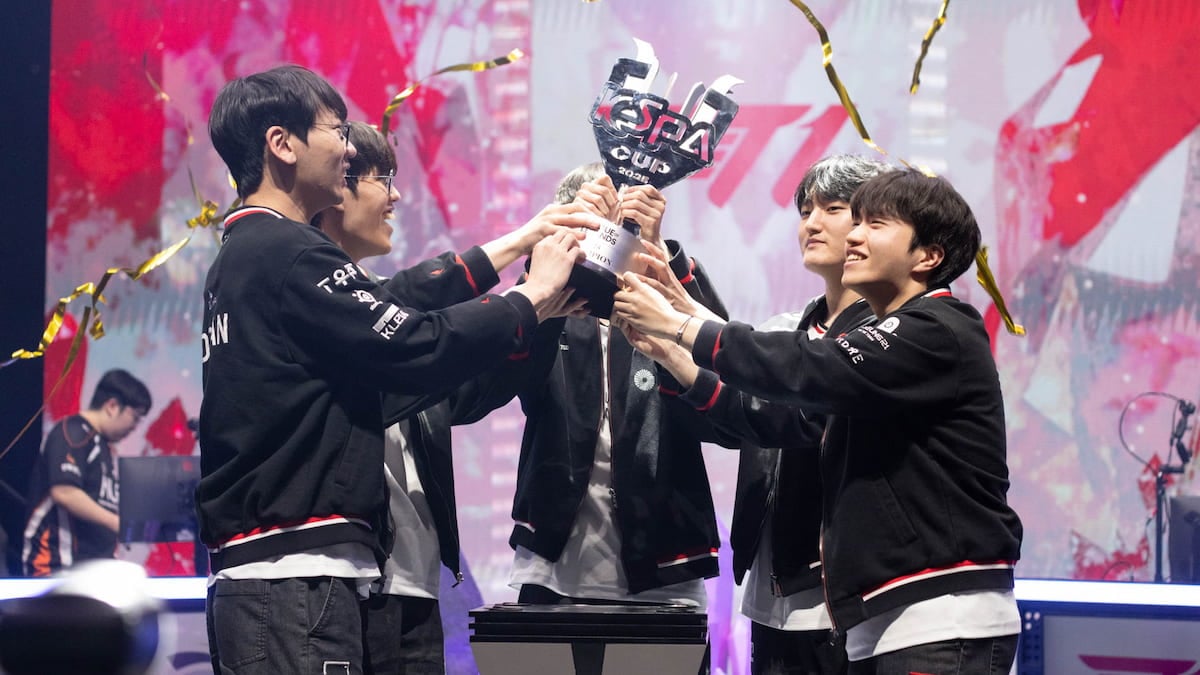
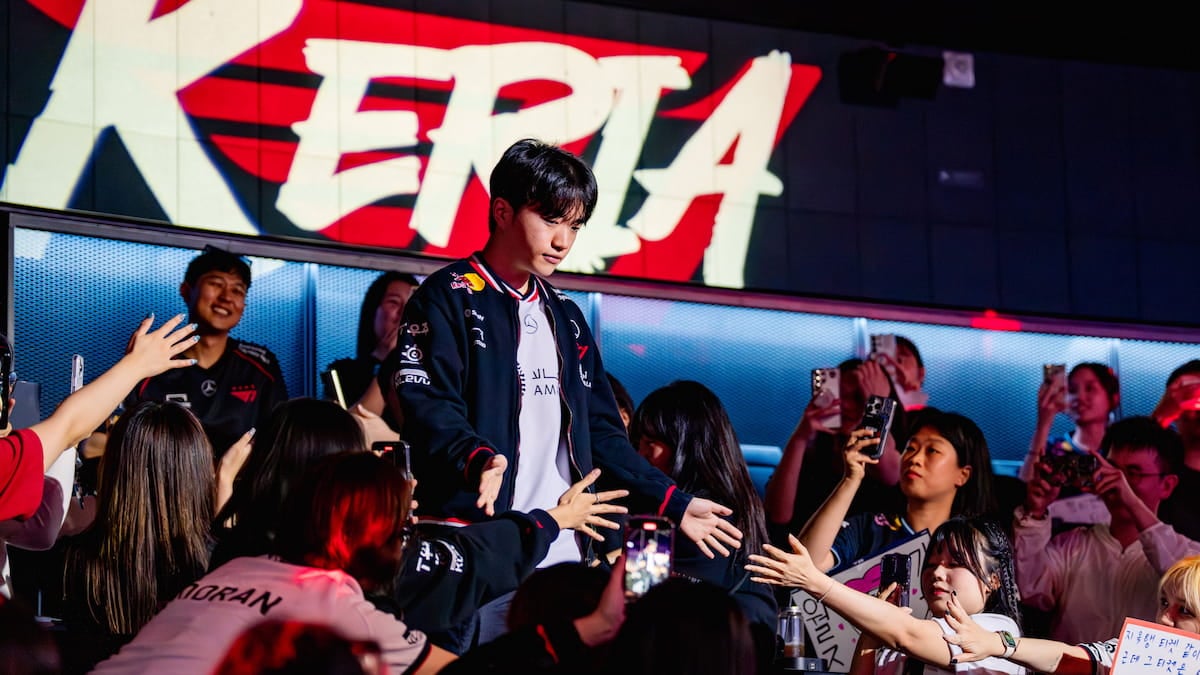
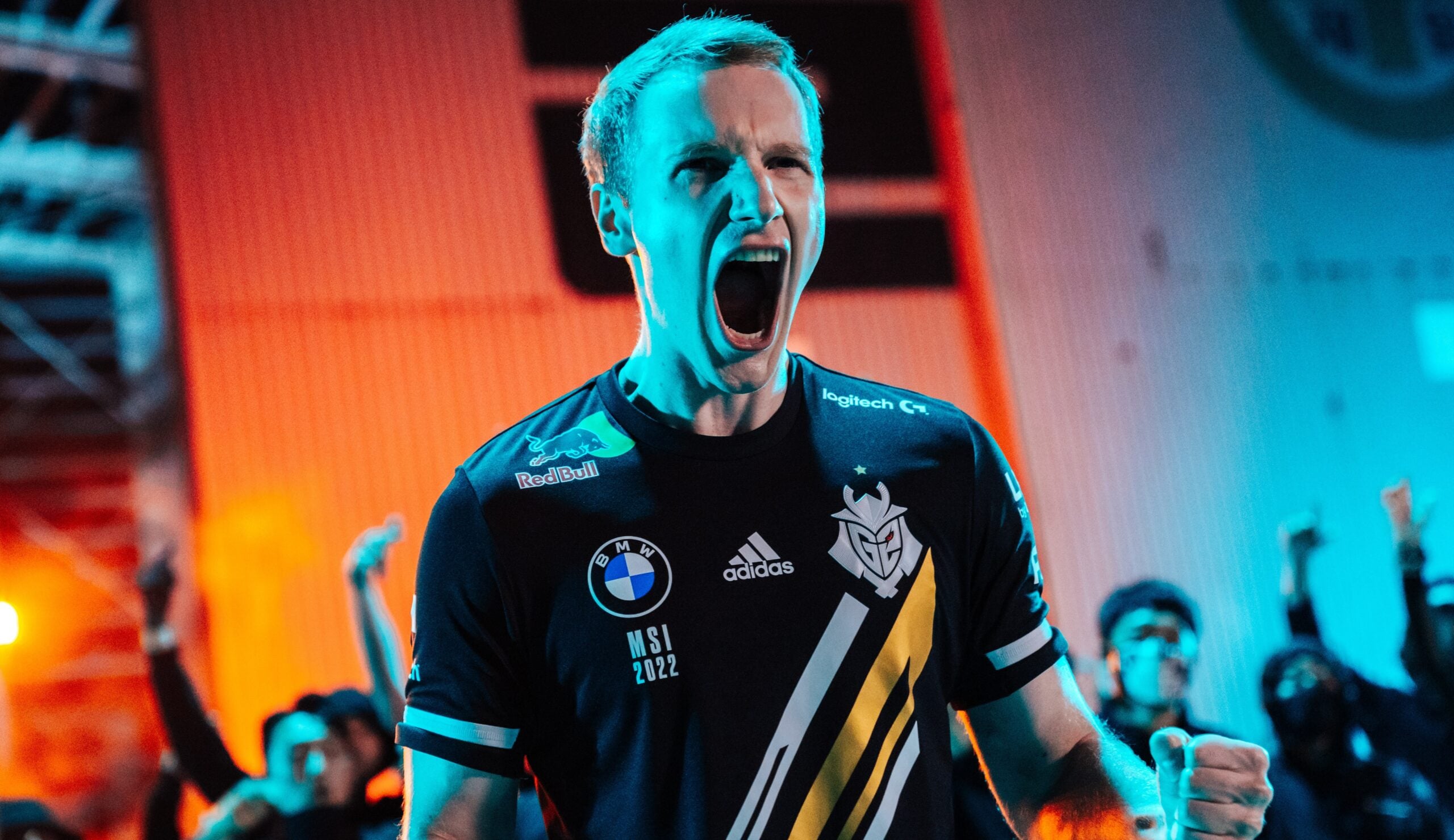
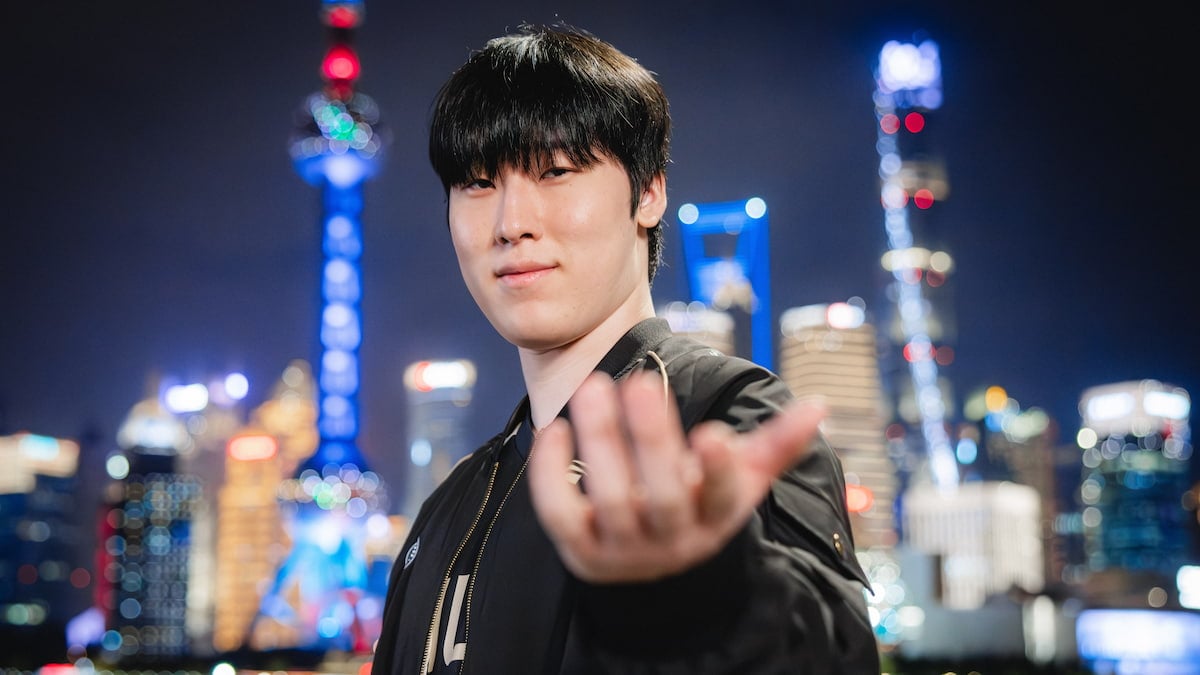
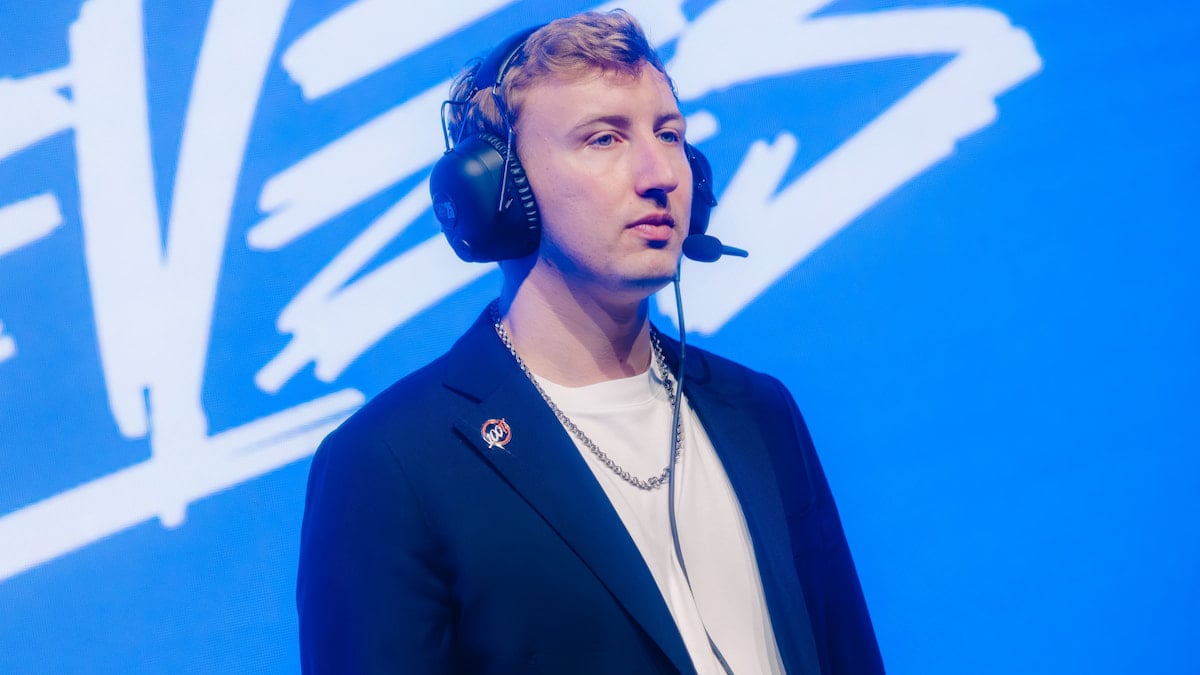
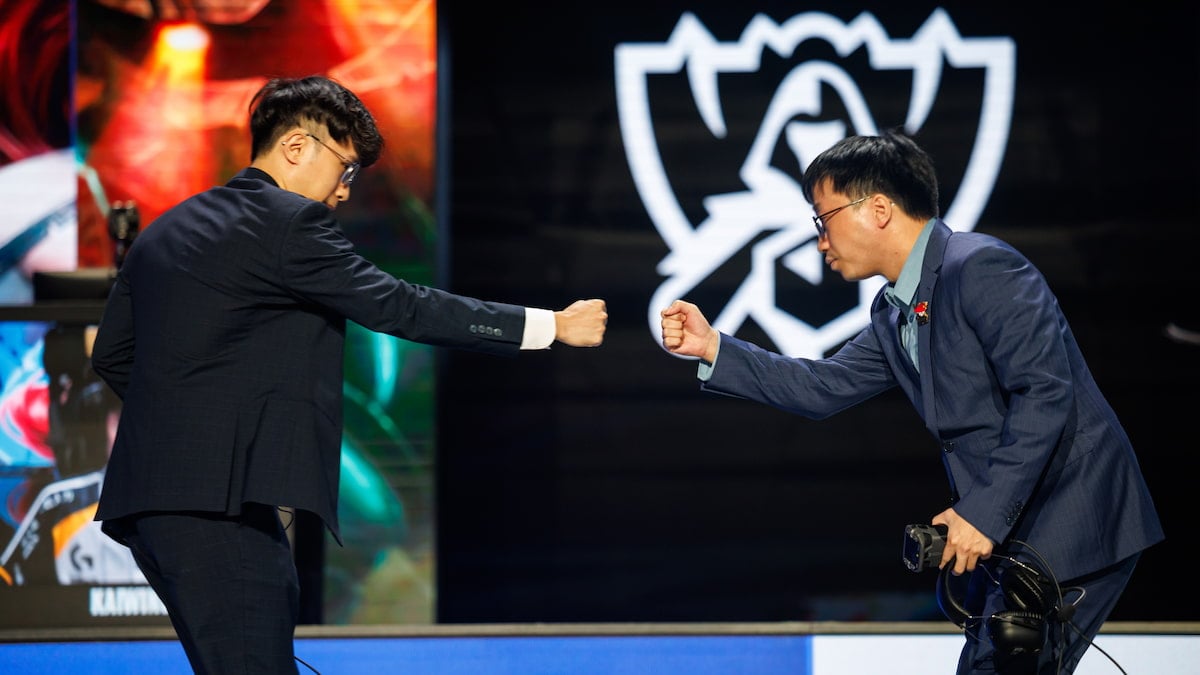
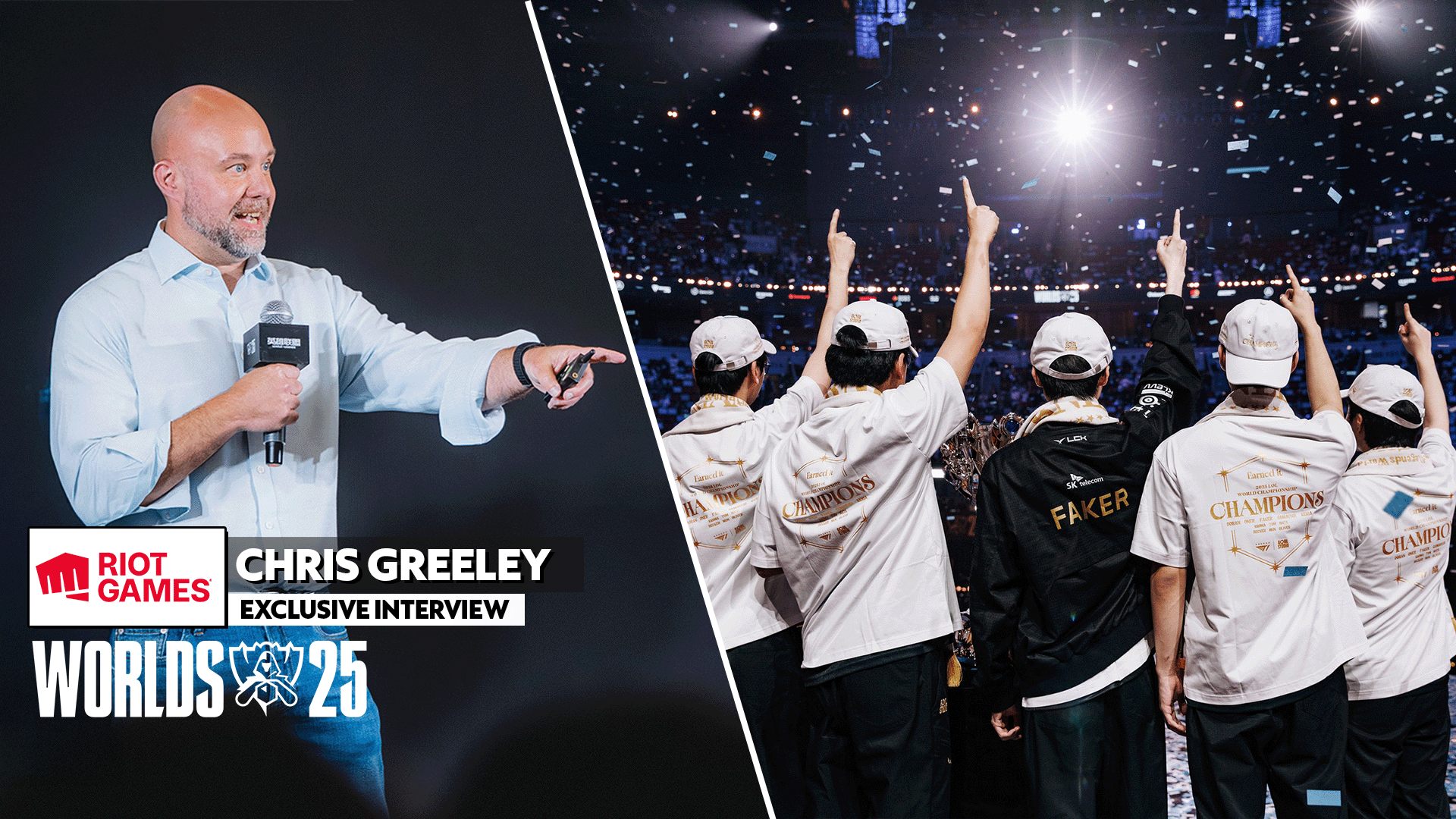
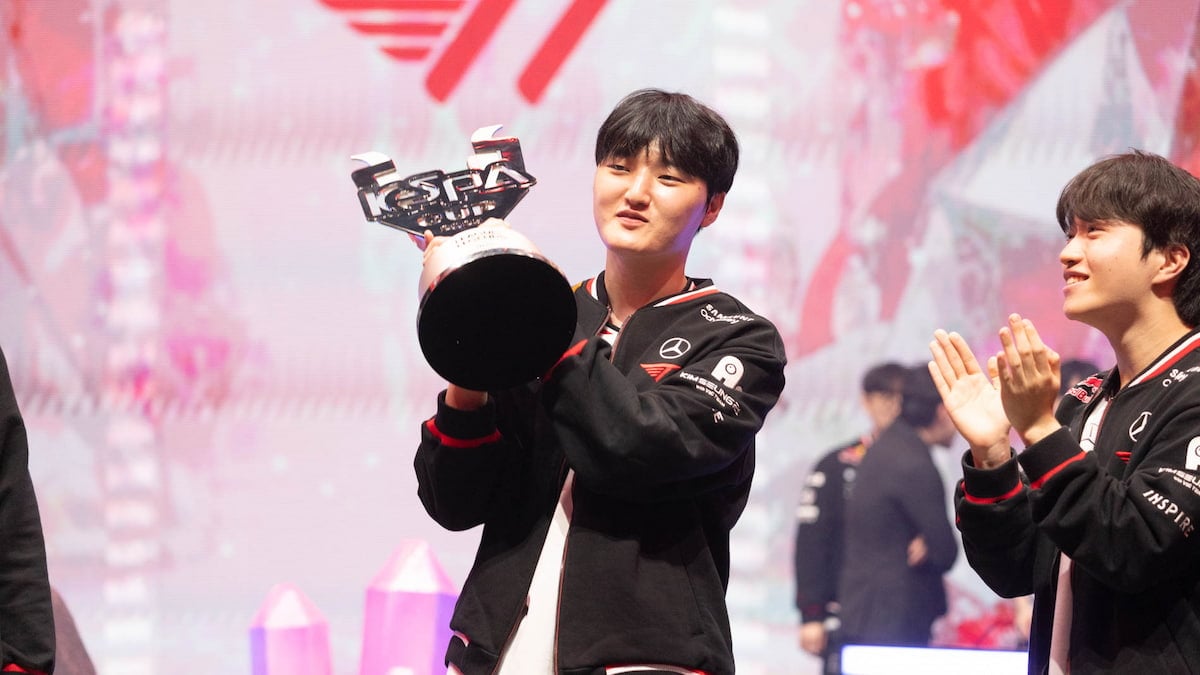
Published: Jan 15, 2016 01:13 am